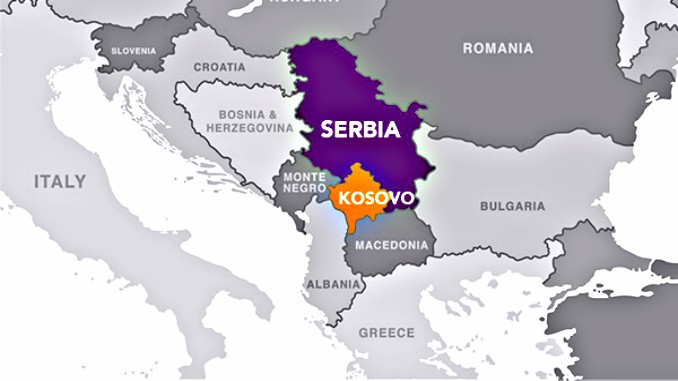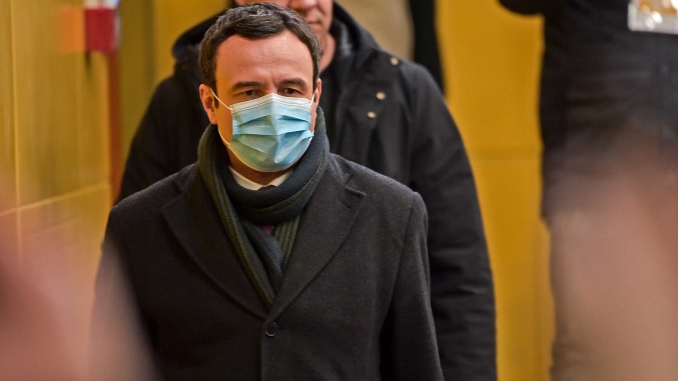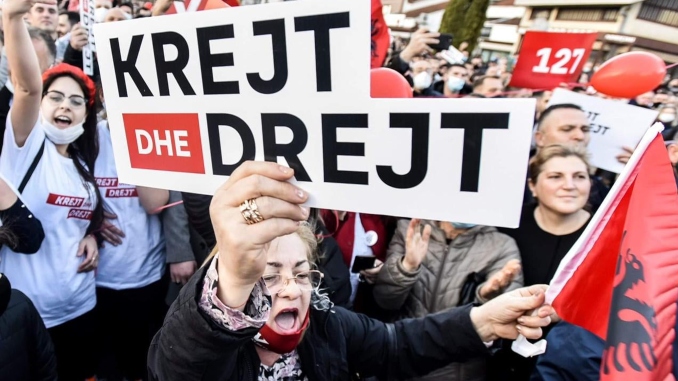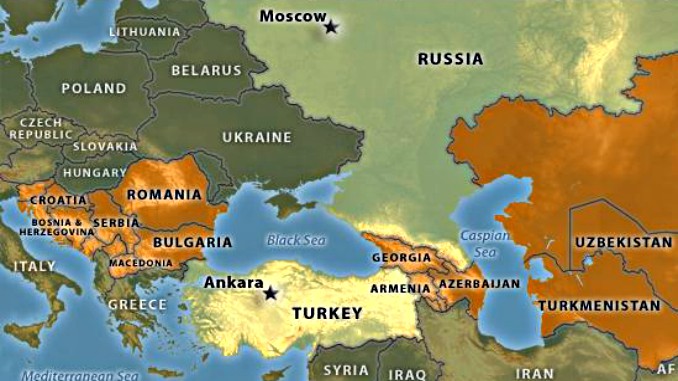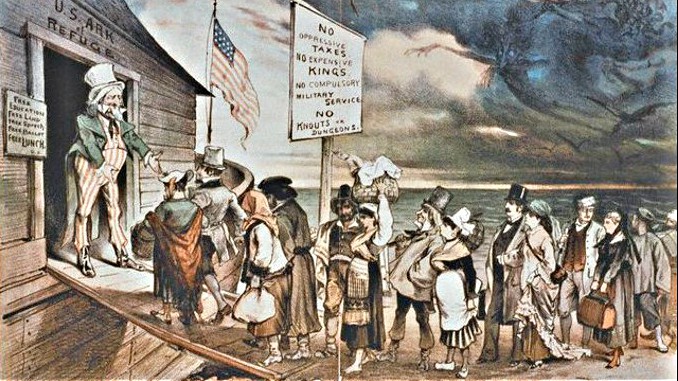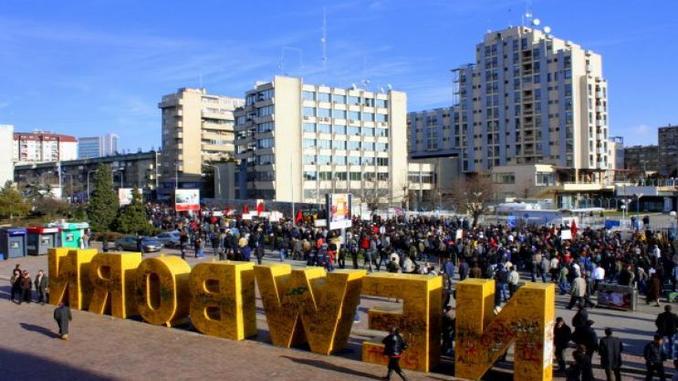Kosovo Parliament to Debate Trepca Law Despite Protests
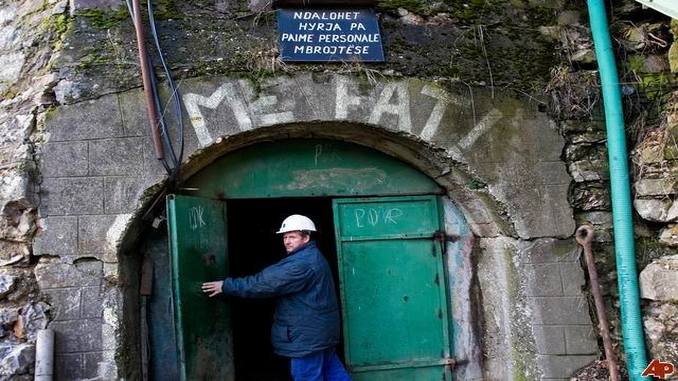
Kosovo’s parliament is due to start a debate on the draft law on the Trepca coalmine amid controversy over the exact plans and protests by Serbia and Kosovo Serbs.
Kosovo’s parliament on Friday is to start debating the draft law on transforming the Trepca mining and industrial processing complex into a shareholding company.
The objective is to prevent Trepca’s liquidation, looming on November 1, and transform it into a shareholder company in which the government will control 80 per cent of shares, while 20 per cent will remain in the property of the workers.
The government approved the revised draft on Wednesday amid protests by opposition MPs as well as Kosovo Serb members of the cabinet, Kosovo Serb miners and Belgrade.
Opposition parties have protested about the time left available to study the draft before the first reading.
The plenary session will be held only two days after approval by the government.
Kosovo Serbian miners on Thursday meanwhile blocked the road between Pristina and Raska in Serbia in protest against the draft.
Kosovo Serb representatives in the government have complained that they were not consulted about the law and will not vote for it unless “essential changes” are made.
The Deputy Prime Minister, Branimir Stojanovic, a Kosovo Serb, told the government meeting on Wednesday that the process is driven more by politics than economics and – as such – it “will fall in the political field”.
Stojanovic insisted that the current version can only be brought to a “level of acceptability” if “essential changes are approved in the assembly.” Otherwise, he said, Kosovo Serb MPs will not support the law in the assembly.
Serbian officials have supported the claim that Kosovo Serbs were not consulted in drafting the law.
“We say that the law is needed, but the law [must be written] in cooperation with Serbian side. If they do not listen, we will have an adequate response … that includes launching legal mechanism that will create serious problems for Pristina,” Petar Petkovic, from the Serbian government’s Kosovo office, said.
The northern part of the complex employs workers from the Serb-majority north of Kosovo, and is run by Belgrade.
The southern part employs Kosovo Albanian workers and is under the control of authorities in Pristina.
Due to the political situation involving ethnic divisions in the north, Trepca’s activities have been reduced to a basic level and its resources could not all be used, creating the risk of liquidation.
To turn the situation round, the government plans to transform Trepca into a public company in which it divides shares with workers and reactivates it through public-private partnership.
Muhamet Mustafa, head of the Kosovo Assembly’s Commission for Economy and an MP from the ruling Democratic League of Kosovo, LDK, told BIRN that the new law “will regulate the status of Trepca and its loans, which are not as big as thought earlier”, he said.
BIRN previously learned that the draft law envisages dividing Trepca into three parts, including mines in Stan Terg/Stari Trg, controlled by the Kosovo Privatization Agency, Leposavic, controlled by Kosovo Serbs, and Kisnica and Novobrdo. Three other parts may be created based on a feasibility study.
Responding to the concerns of Kosovo Serb representatives, Mustafa insisted that the government will pay attention to local communities, but ruled out dividing the property of Trepca, or dividing it with Serbia, which has claimed ownership of Kosovo public companies.
“The owner of minerals in Kosovo is the people of Kosovo,” Mustafa told BIRN. “In this policy we need to pay attention to local communities … but, decisions about this cannot be taken by local communities or municipalities,” he concluded.
Source: BIRN

